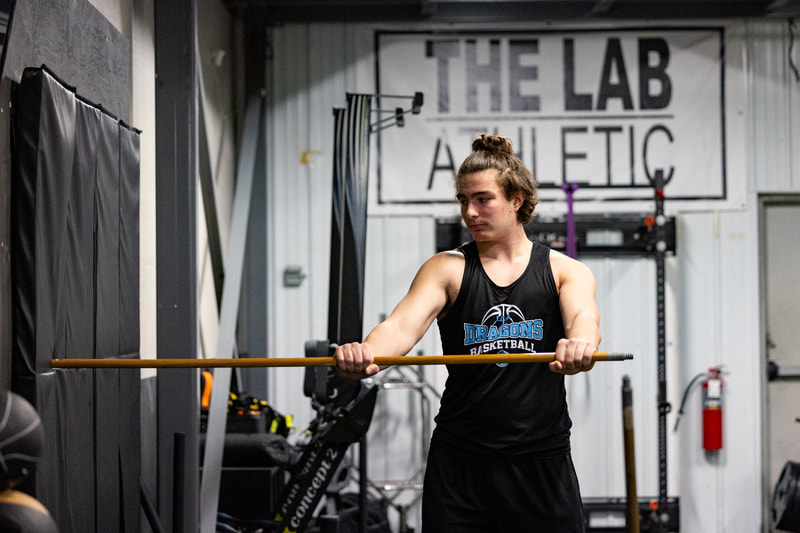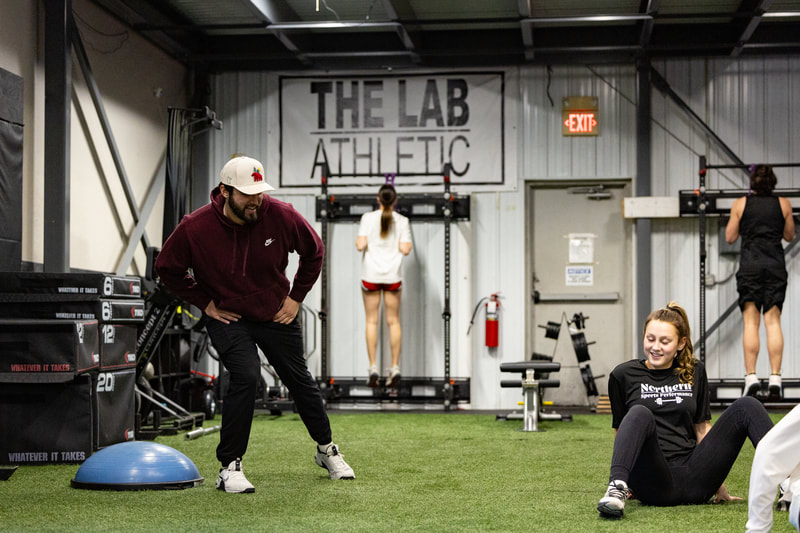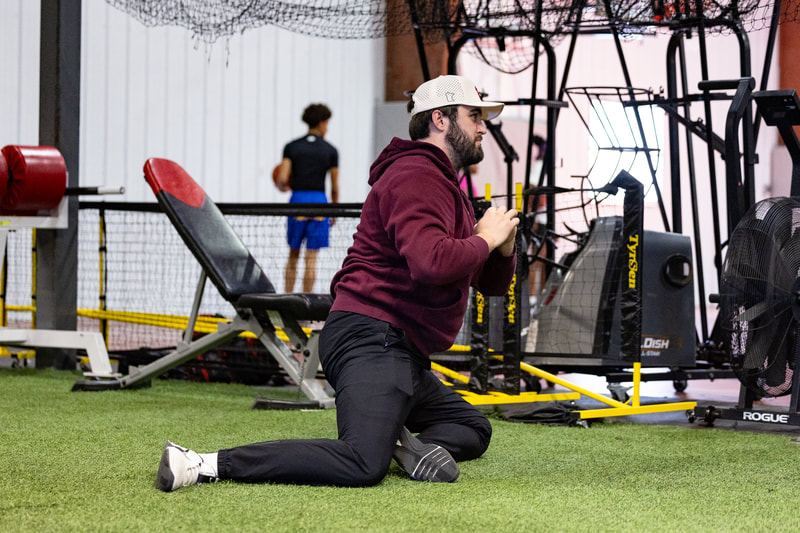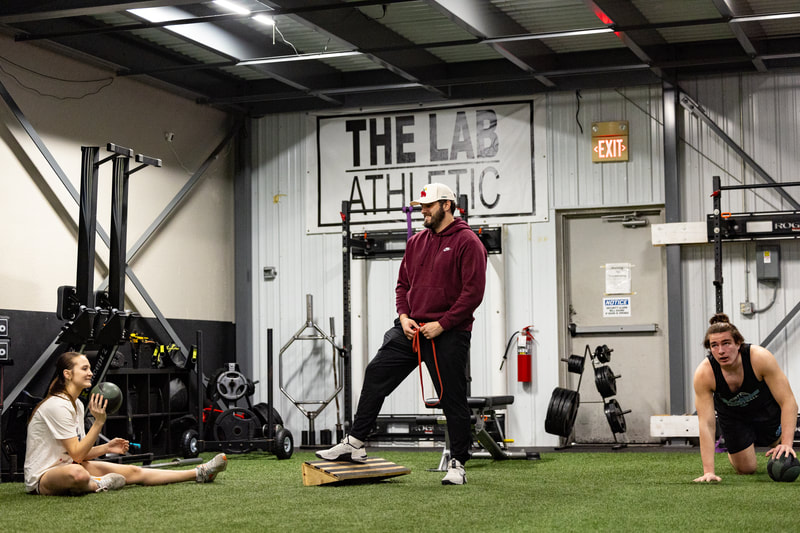|
Youth sports offer a myriad of benefits beyond the thrill of competition, including physical fitness, skill development, teamwork, and personal growth. While structured team practices and games are essential components of athletic development, independent training sessions can also play a significant role in enhancing overall sports performance. Whether you're a young athlete looking to take your game to the next level or a parent seeking to support your child's athletic aspirations, here are some effective strategies for youth sports training that can be done independently to maximize performance on the field, court, or track. 1. Strength and Conditioning A solid foundation of strength and conditioning is essential for athletic success in any sport. Incorporate bodyweight exercises such as squats, lunges, push-ups, and planks into your training routine to build strength, stability, and muscular endurance. Additionally, include dynamic movements such as jumping, sprinting, and agility drills to improve speed, power, and agility on the field. 2. Cardiovascular Fitness Cardiovascular fitness is crucial for sustaining high levels of energy and endurance during games and practices. Incorporate cardiovascular exercises such as running, cycling, swimming, or interval training into your training regimen to improve cardiovascular health, stamina, and aerobic capacity. Aim for at least 30 minutes of cardiovascular exercise most days of the week to maximize endurance and performance. 3. Skill Development Dedicate time to honing your sport-specific skills through focused practice sessions. Break down fundamental skills such as shooting, passing, dribbling, catching, throwing, or hitting into individual drills that you can practice on your own. Use cones, targets, or obstacles to create challenging drills that simulate game-like scenarios and improve your technique, accuracy, and decision-making under pressure. 4. Speed and Agility Training Speed and agility are essential attributes for success in many youth sports. Incorporate speed and agility drills such as ladder drills, shuttle runs, cone drills, and agility ladder exercises into your training routine to improve footwork, quickness, and change of direction. Focus on explosive movements and proper technique to maximize speed and agility on the field or court. 5. Flexibility and Mobility Flexibility and mobility are often overlooked aspects of athletic performance, yet they are essential for preventing injuries and optimizing movement mechanics. Incorporate dynamic stretching, foam rolling, and mobility exercises into your warm-up and cool-down routines to improve flexibility, range of motion, and joint mobility. Pay special attention to areas of tightness or weakness to address imbalances and reduce the risk of injury. 6. Mental Skills Training Mental skills training is just as important as physical training for athletic success. Develop mental toughness, focus, and confidence through visualization, goal-setting, and positive self-talk techniques. Practice mindfulness and relaxation exercises to manage stress and anxiety and maintain peak performance under pressure. Cultivate a growth mindset that embraces challenges, learns from setbacks, and believes in your ability to succeed. 7. Rest and Recovery Rest and recovery are essential components of any training program to allow the body to repair, regenerate, and adapt to the demands of training. Prioritize adequate sleep, hydration, and nutrition to support optimal recovery and performance. Listen to your body and incorporate rest days into your training schedule to prevent overtraining and burnout. 8. Consistency and Discipline Consistency and discipline are key to achieving long-term success in youth sports training. Set specific, measurable goals for your training and commit to a regular training schedule that allows for gradual progression and improvement over time. Stay focused, motivated, and disciplined in your training efforts, even when faced with obstacles or setbacks along the way. Conclusion Youth sports training on your own can be a valuable supplement to structured team practices and games, providing opportunities for individual skill development, physical conditioning, and mental preparation. By incorporating strength and conditioning, cardiovascular fitness, skill development, speed and agility training, flexibility and mobility work, mental skills training, rest and recovery, and consistency and discipline into your training regimen, you can enhance overall sports performance and achieve your athletic goals. Remember to train smart, stay focused, and enjoy the journey of self-improvement and growth as you strive to become the best athlete you can be. Check out The Lab Athletics affiliate trainers here. Jeremiah (pictured) is our resident Sports Performance trainer.
|
Ham Lake, MInnesotaRead
All
|










 RSS Feed
RSS Feed
